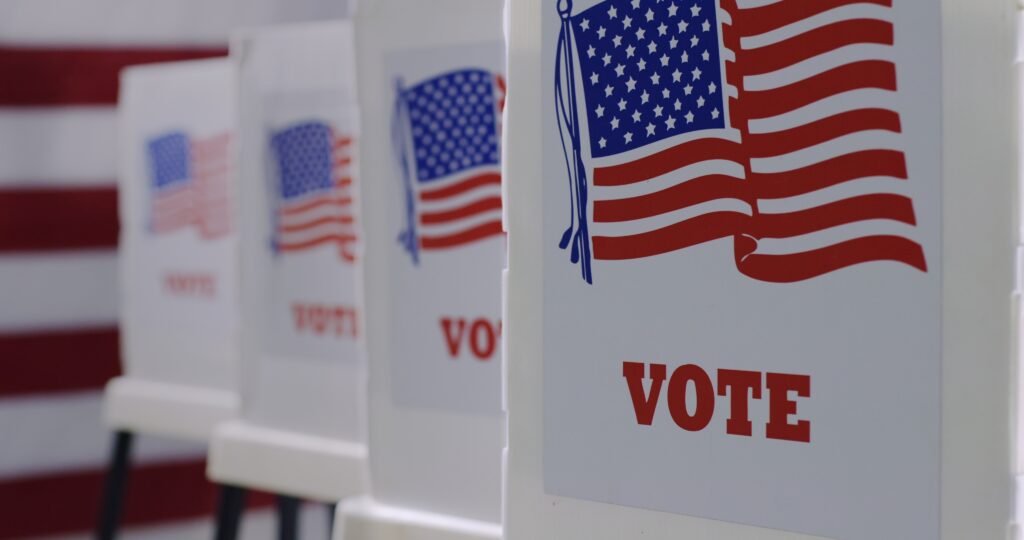On National Beer Day, New Data Show Tariffs on Aluminum Have Cost the U.S. Beverage Industry Nearly $1.9 Billion

WASHINGTON – New data reveal that aluminum tariffs continue to drive up costs for American businesses and are a tax on hardworking American families. In the five years since Section 232 tariffs on aluminum were imposed, the American beverage industry has paid more than $1.893 billion in taxes.
There are more than 6,600 breweries in the United States, supporting more than two million American jobs and contributing more than $331 billion to the U.S. economy. Brewers and beverage producers pay a higher price for aluminum because rolling mills and smelters include tariffs in their prices — regardless of whether the metal is subject to Section 232 tariffs. Paying a tariff-laden price on all aluminum drives up costs for producers and makes consumer goods more expensive.
It’s now been five years since Section 232 tariffs on aluminum were enacted, and America’s brewers continue to feel the squeeze,” said Brian Crawford, president and CEO of the Beer Institute. “The last thing consumers and the two million Americans whose livelihoods depend on beer need is more financial stress caused by these shortsighted and unnecessary tariffs. We continue to urge President Biden to lift the aluminum tariffs and not to add any additional tariffs that drive up the cost of living for hardworking Americans and hurt American job creators like brewers and other critical manufacturing industries that depend on aluminum.
The research conducted by HARBOR Aluminum on behalf of the Beer Institute found that the U.S. beverage industry paid $1.893 billion in Section 232 tariffs on 9.042 million metric tons of aluminum since their implementation. Of that amount, only $126 million (7 percent) went to the U.S. Treasury. HARBOR Aluminum estimates U.S. rolling mills, U.S. smelters and Canadian smelters received $1.767 billion (93 percent) of the total by charging end-users – such as U.S. brewers – a tariff-burdened price regardless of whether the metal was meant to be tariffed based on its content or origin.
Last July, the CEOs of America’s biggest brewers sent a letter to President Biden calling on him to repeal Section 232 tariffs on aluminum. They said, “tariffs reverberate throughout the supply chain, raising production costs for aluminum end-users and ultimately impacting consumer prices.”
Imported primary aluminum and cansheet are critical to the U.S. beer industry as more than 74 percent of all beer produced in the United States is packaged in aluminum cans and bottles. In 2020, brewers bought more than 41 billion aluminum cans and bottles, making aluminum the single most significant input cost in American beer manufacturing.
###













